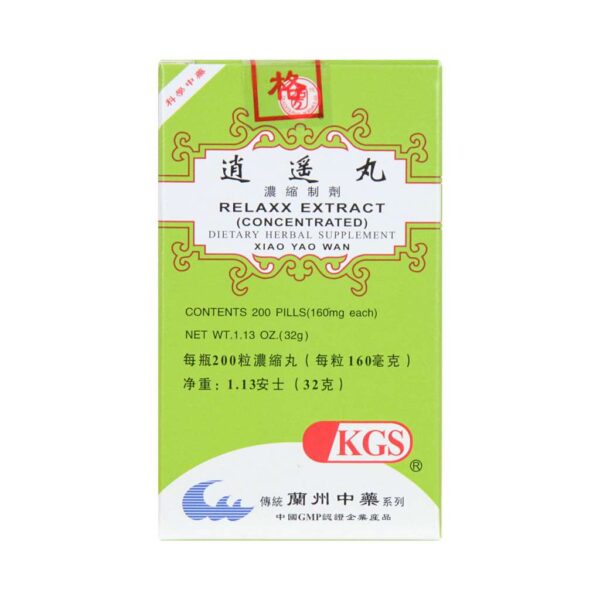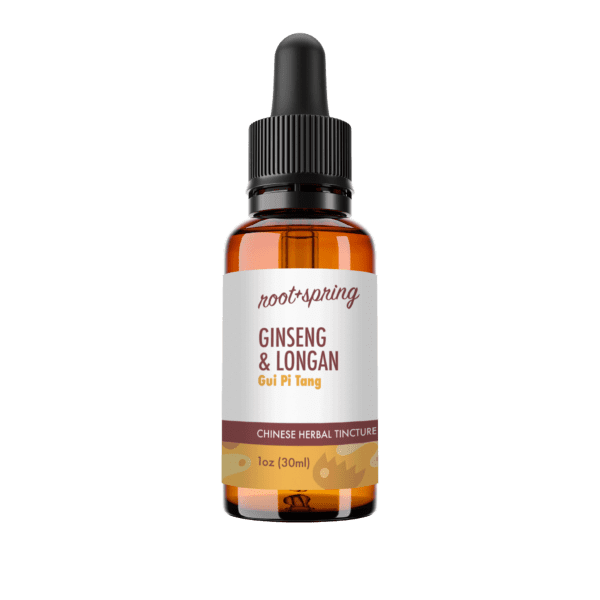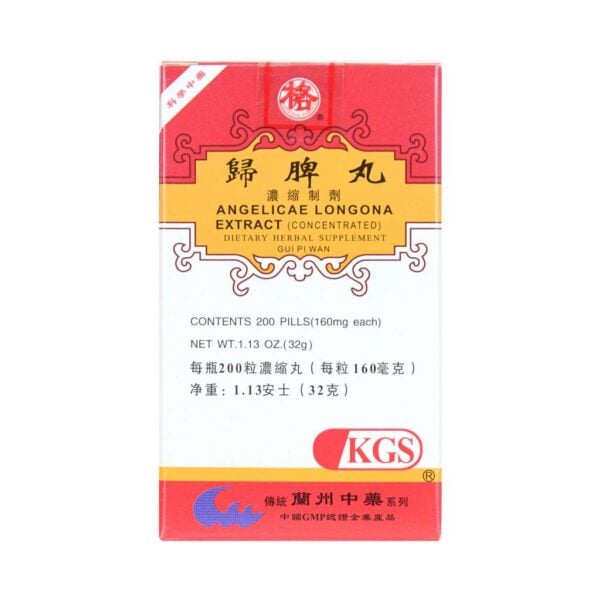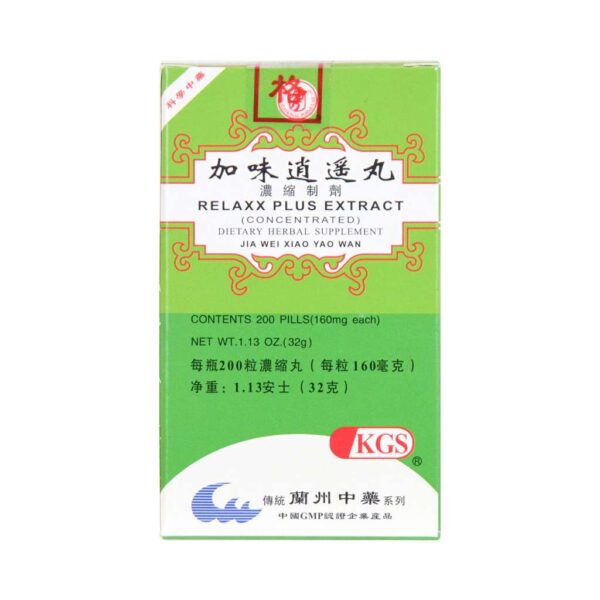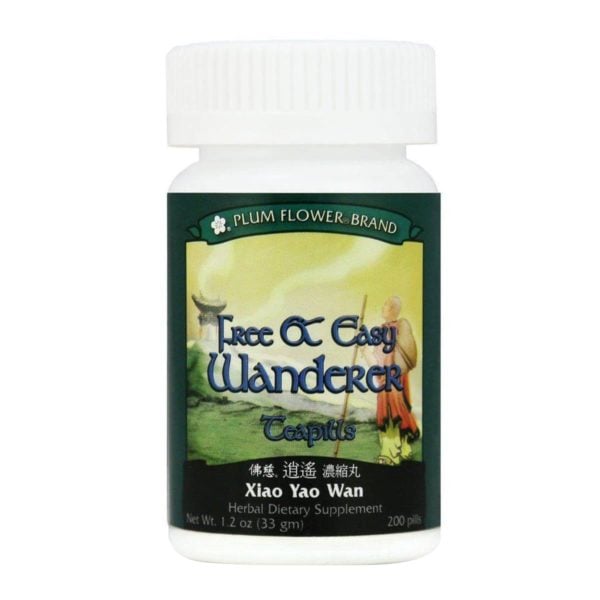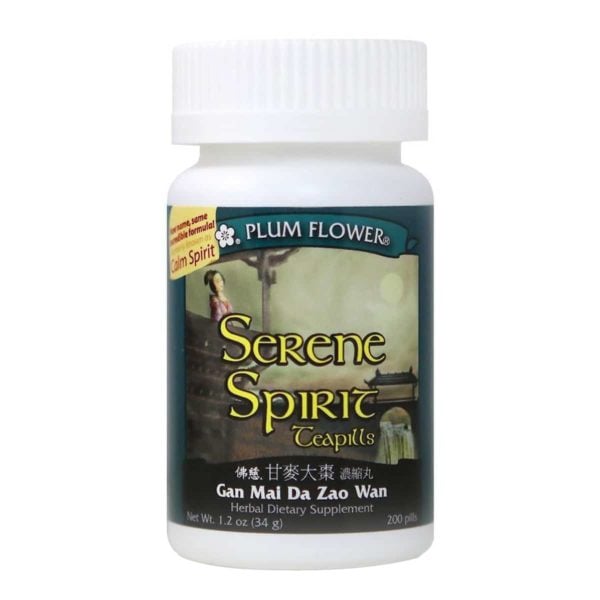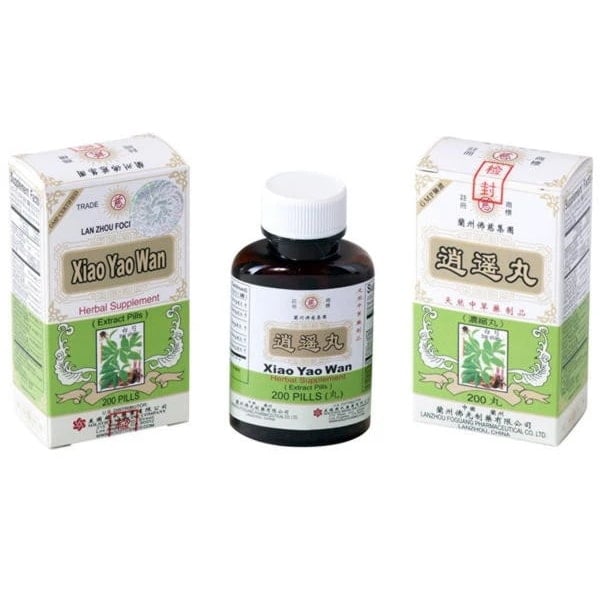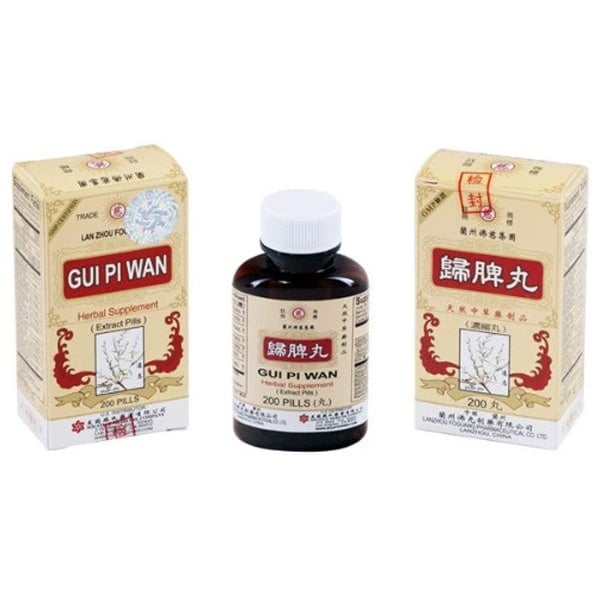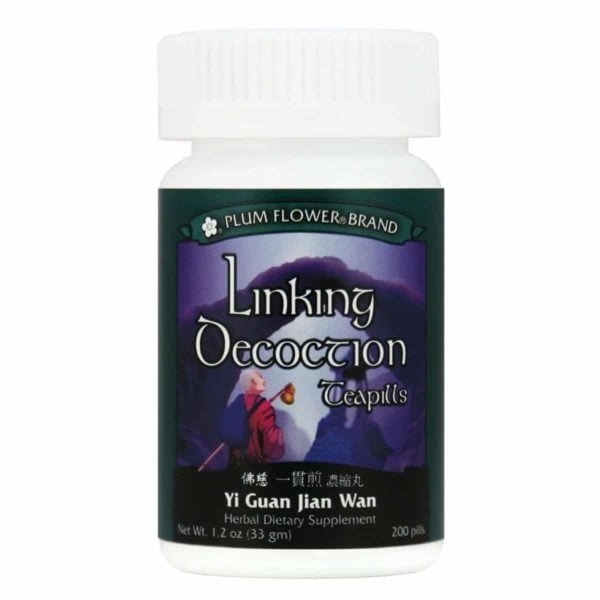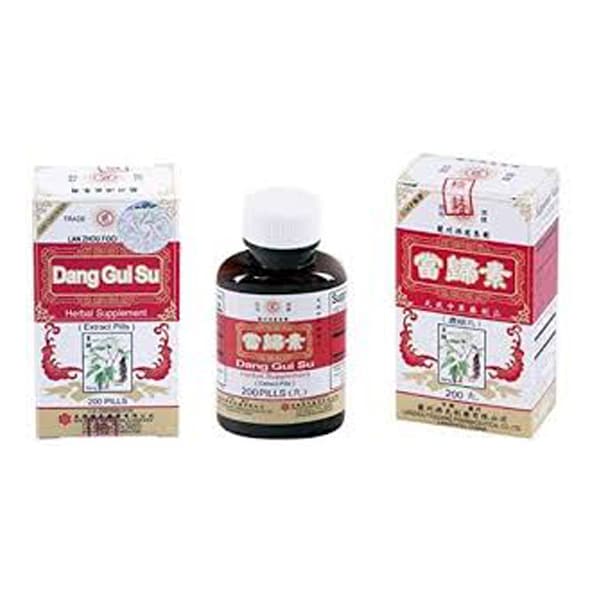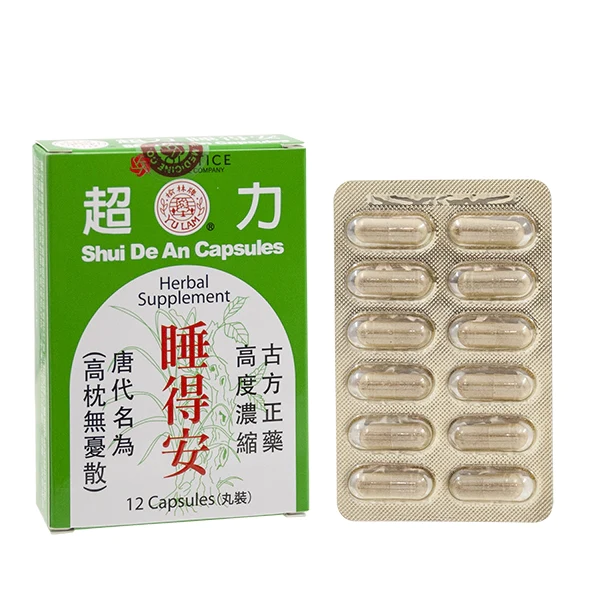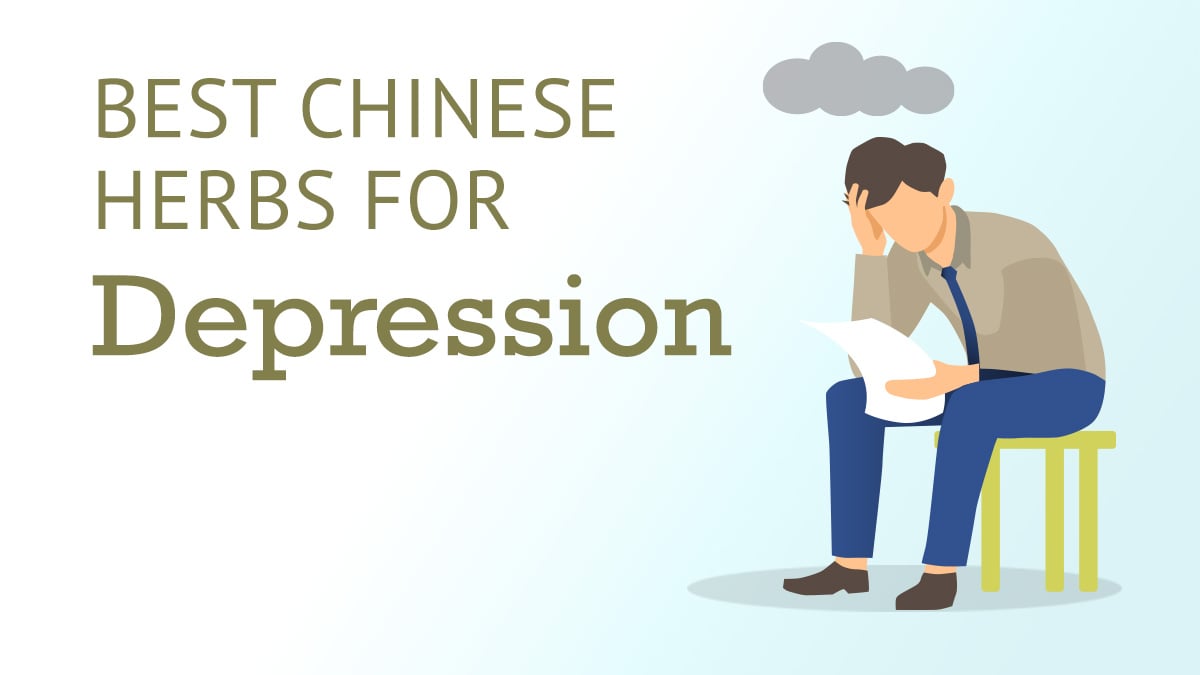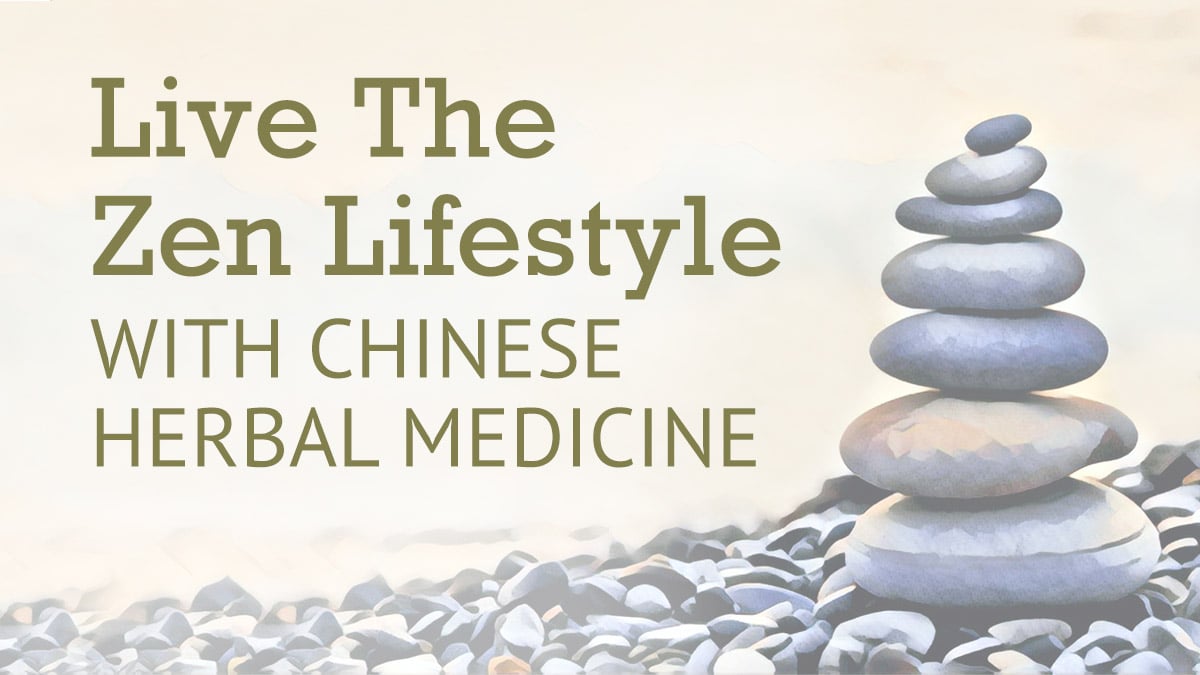Showing all 13 resultsSorted by popularity
$7.95 USA Shipping • $200 FREE Shipping • 90-Day Hassle-Free Returns

Depression
Natural Remedies for Depression
When treating Depression Chinese Medicine provides natural remedies that take into consideration body, mind, and spirit. Our emotions and mental state can directly affect our physical bodies and vice versa. This is a key concept when considering the treatment and alleviation of mood imbalances, and why Chinese Herbal Medicine is such a powerful way to regain balance.
Chinese Medicine Basics for Depression
Imbalance and stagnation are the physical core of most emotional struggles. Imbalances can occur with hormones, qi, or between different organ systems. Stagnation can arise from poor lifestyle habits, unresolved emotions, frustration, or pain. Over time, these issues effect the psyche and we experience depression. Chinese medicine uses balance and gentle movement to right these imbalances and improve mood and wellbeing.
Importance of Qi and Blood
When qi and blood are deficient, depression can result. We don’t have enough energy or nourishment to maintain healthy and balanced emotions, and our mental health suffers.
What is Stagnation
Over time, stagnation in the body can lead to stagnation in the mind. Chronic pain issues like migraines, menstrual disorders, and muscle weakness can cause widespread stagnation that leads to a lack of clarity, energy, and happiness.
Major Zang-Fu Organ Systems and Depression
Depression, frustration, mood fluctuations, and irritability are all related to the Liver system. Those who feel stuck, numb, or apathetic may have their root issue in the Liver.
Weakness in the Spleen is often associated with depression, especially when it comes with excessive sleep, feeling heavy, empty, or overwhelmed.
The Heart is involved in all emotional imbalances but correlates most with depression (with or without anxiety) that has a root in sadness or lack of fulfillment. To step out of depression, we need to nourish and support the Heart system.
The Lung is particularly related to depression and grief. Our Lung system relates to our outside world, and when we lose something dear, it takes a hit. Those who struggle with grief and sadness will benefit from therapies that heal the Lungs.
Common Treatments for Depression in Chinese Medicine
There are several ways Chinese medicine attacks mood disorders. Often, therapeutic treatments, herbal medicine, and lifestyle habits are recommended. To reduce the depression-causing stagnation, acupuncture effectively circulates qi and blood throughout the body. Points can be used to stimulate brain health and calm the Heart and mind. Exercise is a key habit, as it moves qi, brightens the mood, and prevents further depression. Diet, sleep, and socializing are also important areas to address when working with depression.
Chinese Herbal Medicines for Depression
Chinese herbal formulas have a few different goals when it comes to treating depression. The first is to improve the underlying condition and effected organ system. As described above, this tends to depend on how you experience depression. Frustrated and stuck? Let’s move the Liver. Sad and heartbroken? We’ll heal the Heart. Feeling empty and sluggish? Nurture the Spleen. From there, herbal medicine also focuses on calming the emotions, nourishing the qi and blood, and rebalancing the mood from the root.
Chinese Herbs for Depression
The following are important herbs used in our popular depression formulas.
Wu wei zi/ Schizandra berries:
Wu wei zi is a tonifying and calming herb for the Heart and can be used for depression with insomnia and/or anxiety.
Dang gui is a popular herb used in many formulas to balance hormones, relieve depression, and encourage healthy qi and blood flow. It is one component of the popular Xiao Yao Wan that can be used for “stuck-type” depression.
Fu Ling is a gentle, nurturing herb that helps to boost qi and energy and calm the spirit. This herb is found in formulas that enhance Spleen function to fight off sluggish depression with digestive issues, sleep problems, or anxiety.
Shop our Collection of Natural Remedies for Depression
You don’t deserve to live under the cloud of depression. Chinese medicine makes finding natural ways to overcome mood imbalance easy and restorative. Shop our collection of Chinese herbal formulas dedicated to relieving depression and leading you to better days.

